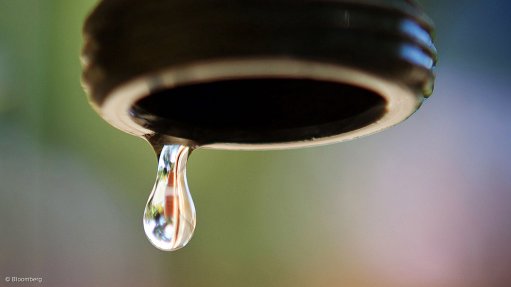
Photo by: Reuters
Trade union Uasa has warned that if Gauteng's water disruptions are not addressed soon, the situation could end up as “a second Eskom”.
South Africa was introduced to loadshedding in 2007, after State-owned utility Eskom announced it would implement rolling blackouts to avert the collapse of the national energy grid owing to insufficient generation capacity.
Now, Uasa wants government to prevent the same from happening in the water sector.
In recent years, Gauteng has experienced disruptive water cuts, which Uasa wants addressed urgently, to prevent “turmoil”.
“The water supply in the province is expected to fall lower than demand periodically until the Lesotho Highlands Water Project (LHWP) Phase 2 comes on-stream. Uasa warns that unless urgent measures are taken to address the issue of water security, the situation might degenerate into a second Eskom. If we allow the water crisis to prevail alongside energy challenges, the aftermath will be turmoil,” said Uasa spokesperson Abigail Moyo.
The delayed LHWP is expected to come online in 2029, which Moyo says is a long time away as Gauteng’s population continues to grow and puts pressure on the province's water demand.
Further, a six-month maintenance period on the LHWP’s 37 km tunnel, which will begin in October and is expected to end in October 2025, will see parts of a water-scarce South Africa under water restrictions and reduced water pressure during this period.
“Sadly, our country’s water resources are already under immense pressure due to poor water governance, reactive management, worn-out infrastructure, and degradation of our wastewater treatment ability, thus polluting the scarce resource even more; add to this the growing challenge of climate change and the changing rainfall cycles – we are in for yet another man-made challenge,” Moyo said.
The union wants government to invest in infrastructure and experienced engineers to help resolve the water challenges.